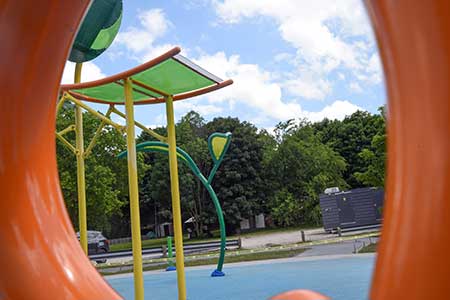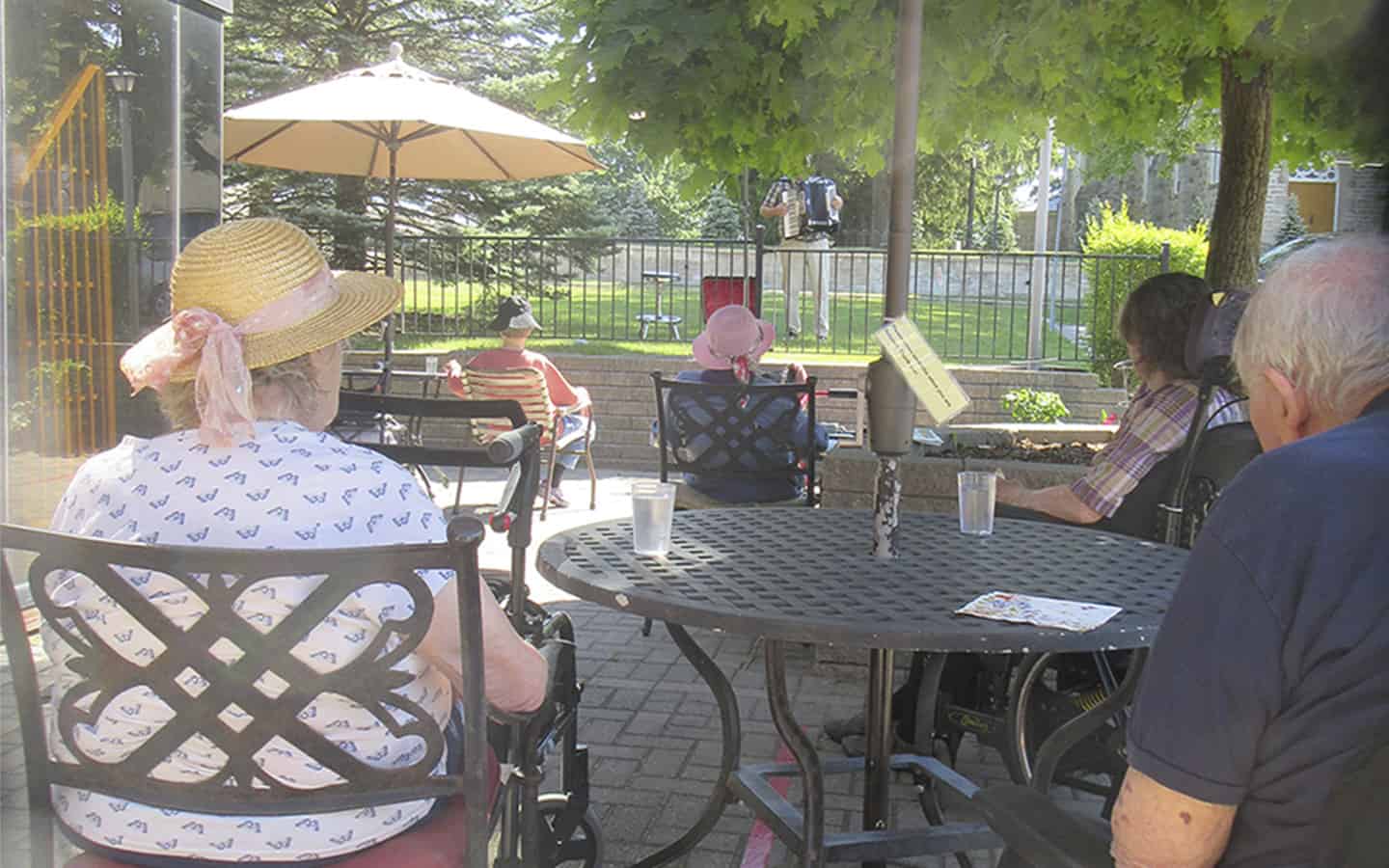A reopening economy and expanded testing have seen more cases of COVID-19 identified in younger residents, Waterloo Region Public Health reports this week.
While older residents, particularly those living in long-term care and retirement homes, have been the hardest hit, those under the age of 40 account for almost 60 per cent of the new cases of late.
Dr. Hsiu-Li Wang, the region’s acting medical officer of health, said she’s seen a shift in the demographics since late-May when testing was expanded to include everybody who wanted to be tested.
“The age groups which most frequently test positive since May 25 are now the 20-to-29-year-old, 30-to-39-year old and under-19 years of age groups, which now represents 24 per cent 18 per cent and 15 per cent, respectively, of our cases,” she said.
Overall, those over the age of 80 remain the most-affected group, representing 18 per cent of cases since the novel coronavirus was first identified in the region. Some 82 per cent of fatalities related to the virus have been in long-term care and retirement homes: 95 of the 116 recorded deaths. However, Public Health has now declared there are no outbreaks at such facilities, including the end of an outbreak at Forest Heights Revera, where 178 residents and 73 staff members contracted the virus, resulting in 51 deaths.
At midweek, there were 67 active cases in the region. The total number of cases since the first was discovered hit 1,1329, of which 1,146 (86 per cent) have been resolved. More than 38,000 tests have been conducted.
With the opening of daycares and recreational facilities such as splash pads, the region expects there might be a spike in cases among children.
“There have been no outbreaks to date, but I would not be surprised if they are in the future,” said Wang, noting such operations are working closely with Public Health.
“Daycare centers report to us if they have a child or staff with symptoms, and we closely support them on that,” she said, adding the monitoring splash pads, for instance, is a bit trickier.
“It’s a lot of work on the part of many people to continue, including the residents who use the facilities and who are asked to comply with the public health recommendations: physical distancing hand-washing, etc. And so far, so good.”
Facilities such as splash pads have opened with new safety measures in place. At Elmira’s Bolender Park, for instance, a fence has been installed and the township has capped the number of users at 40 at any one time, with a 45-minute time limit per visitor.

The arrival of hot summer weather will encourage more of us to venture out, but Wang asks residents to continue to take precautions.
“As many of you make plans for the summer, I urge you to continue to practice these measures with your friends and families, and to gather smart, so stay at home if you’re sick. Maintain physical distance between yourself and anyone outside your social circle or social bubble. Always have the names and contact information of anyone that you gather with as much as possible. Remember to wash your hands often. And please seek testing if you develop something together. We have made a difference. Can we continue to make a difference?”
As of next week, the wearing of masks will be mandatory in public indoor settings such as retail stores and coffee shops.
Wellington-Dufferin-Guelph (WDG) Public Health reported of 492 cases to date. Of those, 424 have been resolved showing a recovery rate of 86.2 per cent. There have been 37 deaths in the catchment area.
The Ministry of Health reported 36,178 cases of the novel coronavirus in Ontario on Wednesday, an increase of 0.3 per cent over the previous day. There have been 2,700 deaths attributed to the virus, representing a mortality rate of 7.5 per cent. The ministry reports 31,805 cases (87.9 per cent) have been resolved.
The latest numbers from Health Canada show 106,167 confirmed cases of COVID-19 nationwide, with 8,711 related deaths, a mortality rate of 8.2 per cent.









